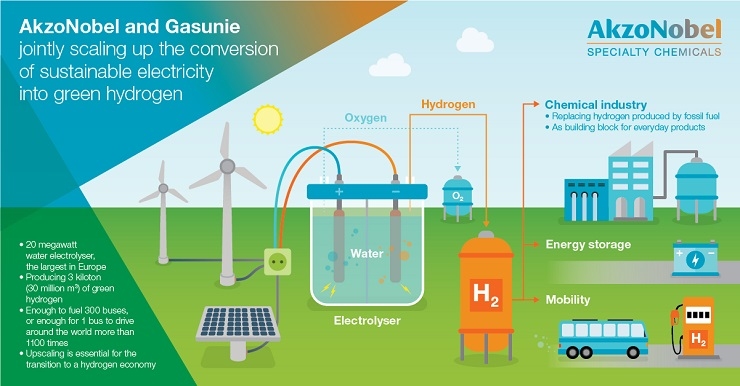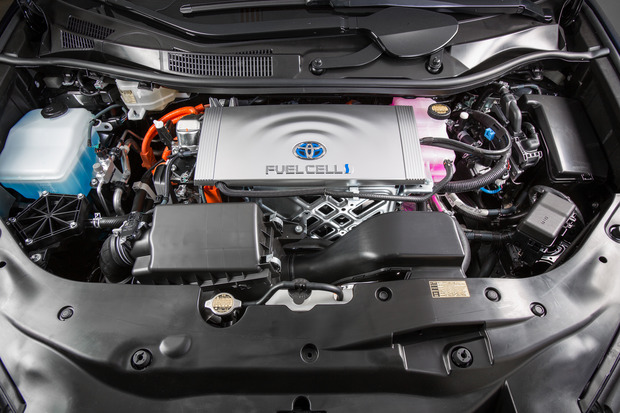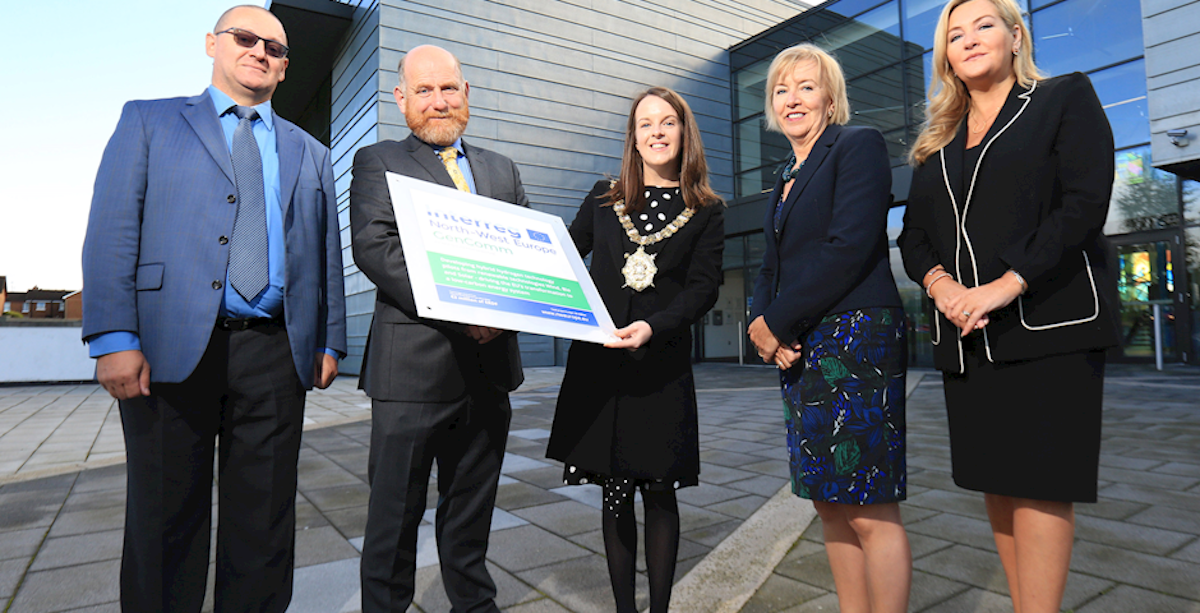Belfast Met lead €9.39m Smart Renewable Hydrogen Project
Is Northern Ireland a step closer of achieving energy generating secure communities through smart renewable hydrogen?
GENCOMM is an exciting new project being delivered by Belfast Metropolitan College with a number of European partners to address the energy sustainability challenges of communities through the implementation of smart hydrogen-based energy solutions.
Belfast Metropolitan College is leading the way securing the £8.4 million (€9.39 million) aimed at delivering Europe's future energy requirements. Currently they are working in conjunction with nine universities and private companies across Europe to deliver the project and partners include Northern Ireland organisations Viridian, TK Renewables, and Williams Industrial Services as well as the National University of Ireland in Galway.
This project is based on the implementation of 3 hydrogen pilot plants that will connect the 3 main sources of renewable energy in north-west Europe (Solar Power, wind power and bioenergy) with the main forms of energy demand (heating, power and transportation fuels) and energy storage.
Principal and chief executive of Belfast Met Marie-Thérèse McGivern said the Gencomm project is the latest chapter in the further education sector. "A chapter where further education is recognised as the primary conduit to deliver the technological skills mix required to enable today's industry to deliver tomorrow’s energy requirements.
Belfast Met is the first college of further and higher education in Northern Ireland to secure Interreg North-West Europe Programme funding and one of the largest EU projects ever secured by a Northern Ireland led Partnership.
Director of development Damian Duffy added:
"Securing this project best demonstrates the contribution which FE Colleges can make to the development of applied innovation solutions working in partnership with researchers and industry.
“This is the largest award of EU funding Belfast Met has ever secured and the first time a College in Northern Ireland has been awarded funds from the Interreg North-West Europe Programme.
“This is testament to the strength and innovative nature of the project and the high calibre of partner organisations as we seek to work together to deliver hydrogen based solutions that will help address energy sustainability challenges to communities across north-west Europe.”

Infographic showing how hydrogen fuel cells can convert, store and deploy renewable energy using hydrogen
The project will also develop a decision support tool that will provide the roadmap for communities hoping to transition to renewable hydrogen-based energy solutions.
Transforming the NWE communities into more sustainable countries and to establish hydrogen as a commercial energy medium for the future are the principal aims of this extraordinary project.
Project Specific Objectives
- Empower communities to implement hydrogen-based energy solutions to sustainably satisfy their energy demand.
- Stimulate the uptake of renewable hydrogen-based technologies by successfully running 3 demonstration facilities.
- Establish a strong group of energy stakeholders devoted to, through the use of hydrogen; “sustainabilise” the energy solution of the NWE region.
The GENCOMM Official Launch was held September 13, 2017.
Other current hydrogen-based energy examples:

- Transport for London (via their contractor Tower Transit) has been running zero emission hydrogen fuel cell buses on route RV1 between Covent Garden and Tower Gateway since 2011.
- They now have eight buses in operation which means it is the first time a whole route has been fully operated by hydrogen powered buses in the UK.
- A new double-decker hydrogen bus was trialled on London’s roads in 2017.
- All the hydrogen buses used in London are made by UK bus manufacturer Wrightbus of Co. Antrim in Northern Ireland.

- On 16 July 2014 the Technology Strategy Board (now Innovate UK)-launched a 2-year funded Fuel Cell Recovery Project.
- Objectives of the project include developing new design guidelines for fuel cell recovery, new remanufacturing and recycling process and designs to facilitate recovery and new “circular” business models.


